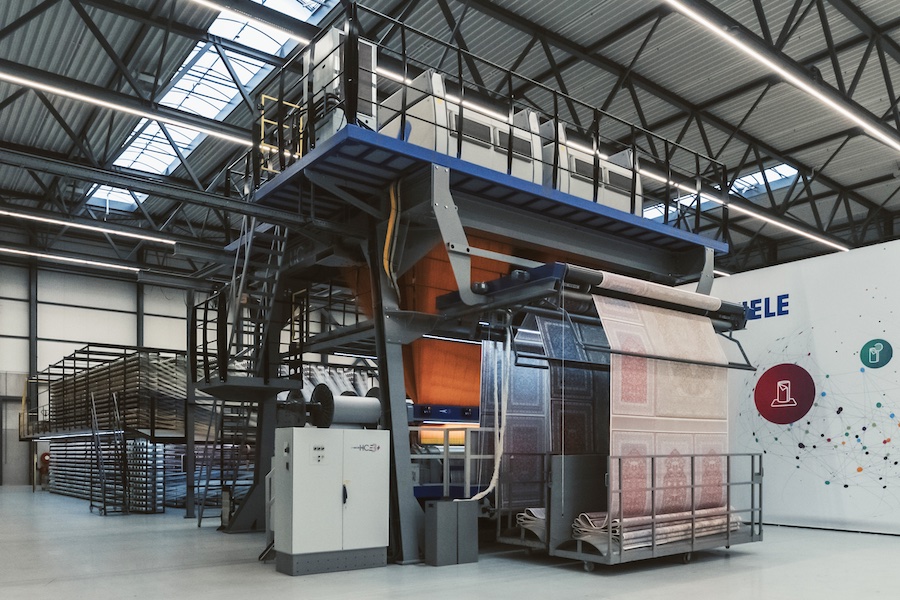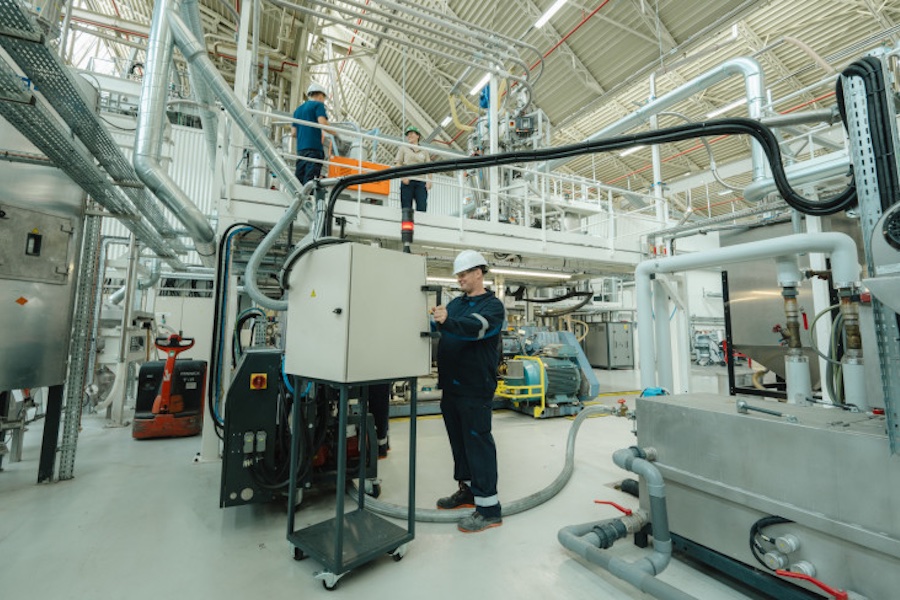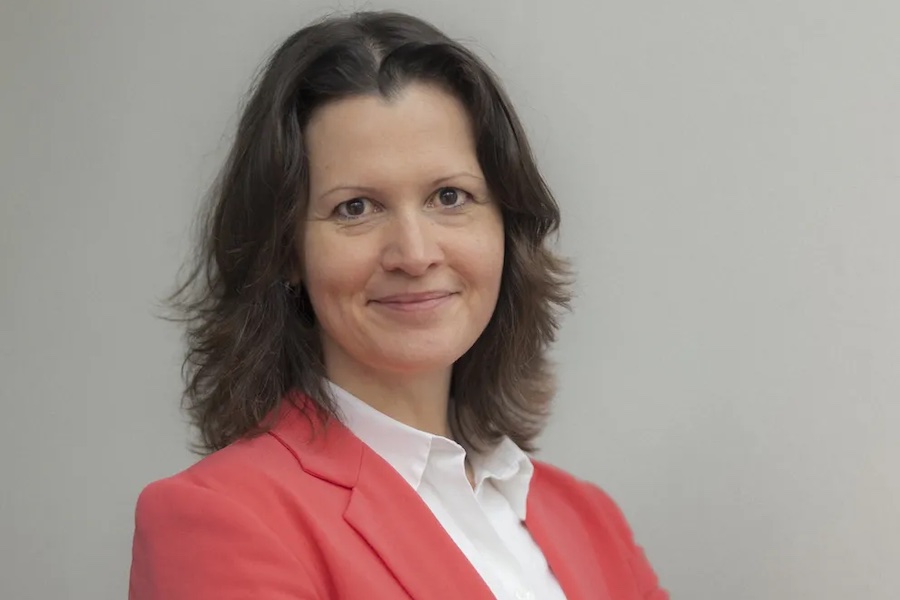#Yarn & Fiber
Synvina: Joint venture of BASF and Avantium established
- Bio-based furandicarboxylic acid (FDCA) as main building block for the new polymer polyethylenefuranoate (PEF)
- FDCA production plant with up to 50,000 tons capacity planned
- PEF with multiple application opportunities like packaging, engineering plastics, coatings, and fibers
- Starting point to build up world-leading positions in FDCA and PEF
FDCA-based PEF: multiple application opportunities and better performance
Industry experts consider bio-based FDCA to be a promising platform chemical and a building block for various downstream products for different applications. Most significantly, FDCA is used for the production of PEF, a polyester suitable for food and beverage packaging as well as for fibers for carpets and textiles. For the packaging industry, PEF offers better characteristics in comparison to conventional plastics, such as improved barrier properties for gases like carbon dioxide and oxygen, leading to a longer shelf life of packaged products. It also offers a higher mechanical strength, thus thinner PEF packaging can be produced and fewer resources are required. PEF is suitable for foil pouches, bottles for carbonated and non-carbonated soft drinks, water, dairy products, still and sports drinks and alcoholic beverages as well as personal and home care products. Alongside the polyester PEF, FDCA can be processed to polyamides for engineering plastics and fibers, to polyurethanes for foams, coatings and adhesives and to esters for personal care products and lubricants.
Synvina will continue Avantium’s established partnering activities with leading brands associated with FDCA and PEF. The goal of the cooperation platform is to develop a complete supply chain for PEF as sustainable bio-based packaging material. Together with Toyobo, the companies will jointly boost the PEF polymerization and further develop PEF films for food packaging, in electronics applications such as displays or solar panels, industrial and medical packages. With Mitsui, Synvina will work on developing PEF thin films and PEF bottles in Japan. Furthermore, Synvina aims to continue the development partnerships with The Coca Cola Company, Danone, ALPLA and other companies on the Joint Development Platform for PEF bottles.BASF and Avantium providing prerequisites for excellent starting position
“With Synvina we will enter the promising business with FDCA and PEF and support our customers in the various industries to create value. We strongly believe that the future belongs to these products because they combine superior characteristics with a production process based on renewable feedstock,” said Dr. Stefan Blank, President of BASF’s Intermediates division. “Synvina is an innovative and highly competent company with an excellent starting position from which to build a globally leading role in FDCA and PEF.”
“FDCA is a sleeping giant with huge potential. Although it was first produced in the 1950s, it has never been successfully developed and brought to market until now,” said Tom van Aken, Chief Executive Officer of Avantium. “I strongly believe that Synvina will wake up that sleeping giant and make it available for industrial use. With the development of a proven FDCA production process and the construction of a strong partnering and cooperation network, Avantium has provided Synvina with all necessary prerequisites. It will benefit from BASF’s expertise in market development and large-scale production and as a reliable chemical company in the business of intermediates and polymers.”













